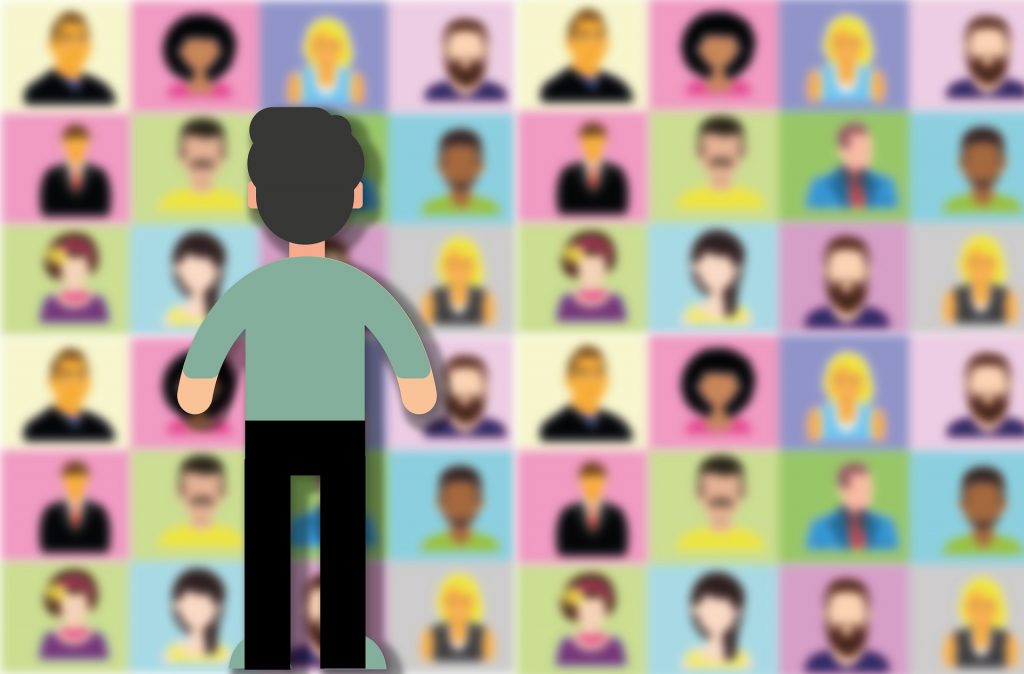
By Dave Bushy
The world of office work changed in March of 2020. The question is, did it change forever – and more precisely – for good? I have experienced a number of webinars and scanned more than a few articles in recent months that have declared the office as we know it as dead.
“It’s gone and will never return again ,” is the gist of what I have heard.
I’ve been on the planet long enough to know that any declaration filled with such certainty is bound to be either wrong, or only partially right, depending on your viewpoint.
To be sure, the workplaces we knew in early 2020 will likely not return as we knew them. But then again, the offices of 2010 never came back, did they? Nor did those of 2000, 1990 or 1980. Having the memory of the “ancient world” of offices pre-computer, I can tell you that none of us – including me – would recognize the world of typewriters, carbon paper and even dictation machines that were part of the office years ago. A 200-baud fax machine was state of the art back then!
To be sure, in spite of the tragedy and challenges of the past year, there have been great advances in science and in the technology of communication. The various video platforms we now routinely utilize have improved on bandwidth, fidelity and functionality by leaps and bounds. And many of those who were reluctant to use such technologies have embraced them and now see them as essential tools of communication. So, to that degree, we have seen a significant shift in how we communicate – and that is a good thing. As one of my Boston Executive Coaches colleagues notes, “It serves a purpose in a time of need.”
But while the current remote work model – born of necessity – serves our critical need for communication, something intangible and undefined may well be missing, namely: Actual Human Contact.
Working with a dozen different clients remotely in the past year and helping them make meaning of the phenomenon of video communication, I have noted a growing feeling of isolation evidenced by comments like, “It feels as if something is missing,” and “I see the people on the screen and somehow I feel as if they are not present.” More perniciously, a client confessed to me, “I like the fact that I can log onto a video call and keep doing my work!” In a very real way, he was telling me that the façade of communication had replaced actual human contact. And the human energy and enthusiasm we gain from actually rubbing elbows with others and breaking bread with them is not as evident, despite our own well-intentioned efforts.
Think about the fact that each of us claims video-induced fatigue at various times, where we feel brain-drained at the end of the day. A few theorists have posited that this may well be due to the fact that on video all of our senses are not at play, including touch, actual ambient sound, smell and the sixth sense that we call intuition. Even the ability to see others is limited. Video screens are “non-peripheral,” which limits our ability to pick up on the visual cues we would normally experience while sitting in the same room. In other words, there seems to be far less evidence of a net gain of energy that can magically occur when we actually make very real connection – or what coaches call “contact,” with others when we are face-to-face.
My work as a coach informs me that the contact between other human beings is still critical in order to make leaps forward in business, science, the arts and any other field of endeavor. A screen can provide us information-sharing and the ability to impart instructions, agendas and even ideas. But the ineffable quality of relationship and “idea sharing” that comes when enjoying coffee, walking to the parking lot at the close of a day or sharing a sandwich in the cafeteria can never be supplanted by any video technology.
Will we return to our offices? I can never be sure. But whatever form those offices take, I know that we will still need in-person human contact – and that will continue to define us as sentient, caring creatures. That is the beauty of the human condition.
Dave Bushy of Boston Executive Coaches – bostonexecutivecoaches.com – is a former U.S. Army officer and senior airline executive who works with leaders throughout American industry.
Image courtesy Alexandra_Koch at Pixabay